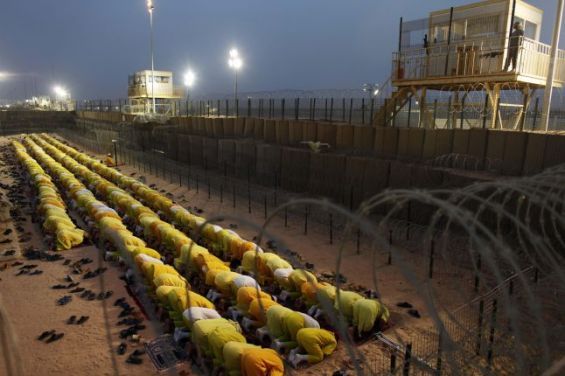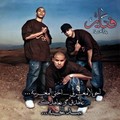Muslim prisoners in the United States struggle to maintain their religious practices compared to counterparts from different faith traditions, a report by civil rights organization Muslim Advocates reveals.
Released Thursday, the report highlights the difficulties Muslim prisoners in the US are faced with when trying to stick to their religious restrictions and rules. Many Muslims suffer from «obstacles that range from diet to religious dress to particular forms of worship and devotion», the same report showed.
One of the main problems that Muslim prisoners have to cope with is linked to Muslim dietary restrictions. Quoting the same report, Vice reports that «the most commonly reported form of discrimination against Muslim prisoners involved prisons’ refusal» to take these restrictions into account.
Analyzing 163 cases in which Muslim prisoners claimed that they were allegedly prevented from practicing their faith, the American NGO unveiled that 40 percent of these lawsuits were linked to food.
Muslim prisoners find it hard to stick to their religious practices
Another issue related to food is having prisons denying Muslim prisoners’ requests to observe Eid al-Fitr. The authors of the report wrote that the «frequency of claims brought by Muslim inmates about this feast demonstrates the importance of this religious occasion», adding that «Christian holiday meals and festivity requests are routine or easily granted approval».
Complying with the Muslim dietary restrictions of some prisoners is not the only problem that these inmates complain about. According to the findings of the report, the second most common complaint by Muslim prisoners is the freedom of praying and worshiping. 35% of the 163 cases lodged by Muslim prisoner litigants is related to «restrictions on the ability to pray and worship».
«At one institution, Muslim inmates were banned from praying inside the chapel, even though other religious groups were permitted to do so», the report noted. Muslim inmates held in this prison were forced to pray in «extreme weather conditions including cold snow and rain», the same source added.
In another US prison, Muslim inmates were prevented from praying in their own cells, while others were allowed to have only one religious service a week as a punishment.
Despite these surprising findings, the authors of the report indicated that some prisons in the United States are «less restrictive» and adopt fully accommodating policies that facilitate Muslim practices.





 chargement...
chargement...
















